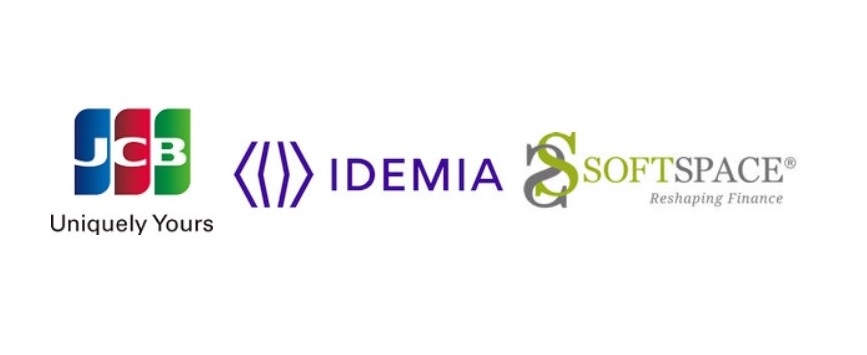JCB tests MDBC payment at the point of sale

JCB has announced the launch of a pilot project to enable the use of Japan's central bank digital currency at the point of sale. For this, the local scheme has teamed up with Idemia and Soft Space, with a strong focus on universality. The aim of the partnership is to use the existing point-of-sale payment infrastructure to enable acceptance of this CBDM in shops.
FACTS
-
In conjunction with the Central Bank of Japan's digital currency test pilots, JCB has teamed up with Idemia and Soft Space to test the use of digital currency in-store at selected retailers in Tokyo.
-
The pilot, called JCBDC, will run until March 2023 and will rely on the network's contactless EMV card and payment terminals that accept them.
-
Soft Space and Idemia have already partnered on a SoftPOS solution, called Tap on Mobile, which turns a mobile phone into an acceptance terminal.
-
In this case, Soft Space provides the payment platform, Idemia manages the holder's digital identity and transactions are then processed through JCB's card network.
-
At the same time, JCB also announced the production of an M2M payment solution in partnership with Keychain.
-
The aim of this partnership was to design a micro-payment solution adapted to IoT projects (payment of tolls or recharging of an electric vehicle for example) based on blockchain technology. This solution is now operational and will also allow JCB to test an offline payment solution, adapted to large volumes of transactions and to strong requirements of instantaneousness.
CHALLENGES
-
To design one of the first solutions for accepting central bank digital currencies on the existing point-of-sale payment infrastructure. This JCBDC project is indeed ambitious, as most of the digital currency pilots that have emerged so far focus on smartphone-related use cases and on online solutions. According to JCB, these two criteria are holding back the development of digital money, as it cannot be aimed at people who are far from any connection, minors, senior citizens or people who do not have a smartphone. Another obstacle identified was the reluctance of retailers and the poor user interface. Hence JCB's idea to build on the existing system to facilitate deployment and offer a universal offline solution.
-
Relying on the expertise of Idemia, which has already won awards for an offline wallet solution. The choice of Idemia as a technological partner is not due to chance. Indeed, the player was rewarded at the G20 Techsprint, a hackathon organised in Malaysia in partnership with the BIS, which selects CBDC projects. Idemia won in the "financial inclusion" category.
MARKET PERSPECTIVE
-
Since 2019, JCB has been working on numerous projects based on Blockchain technology. In particular, it has been working on BtoB payment and payment solutions for SMEs. Since its partnership with Keychain on M2M micropayments, JCB has an infrastructure for processing transactions in MDBC via the Blockchain.
-
On the subject of financial inclusion and universality, China has stood out from the start with its eYuan project, which can be used offline. A position also displayed by Visa.
-
The other existing initiatives in terms of payment in crypto-currencies, directly with the merchants, are essentially the responsibility of crypto players, such as Solana, which has launched Solana Pay, which is based on a QR code payment system.
